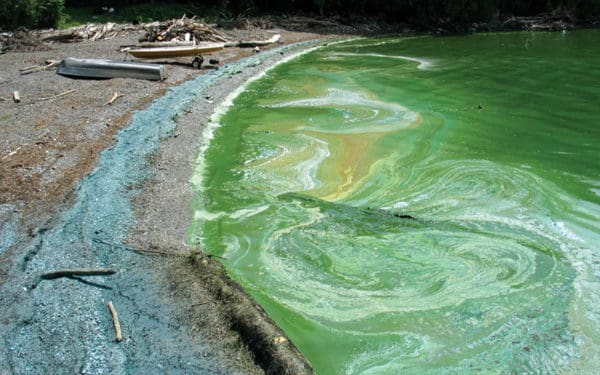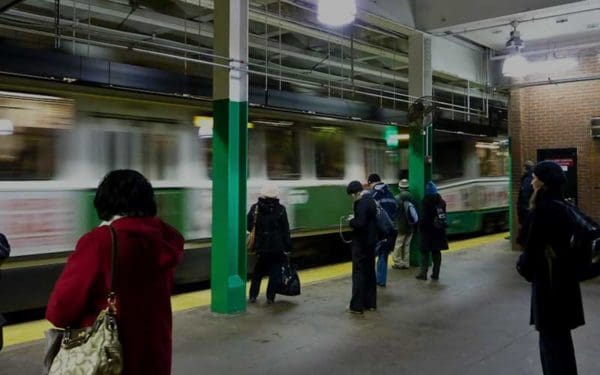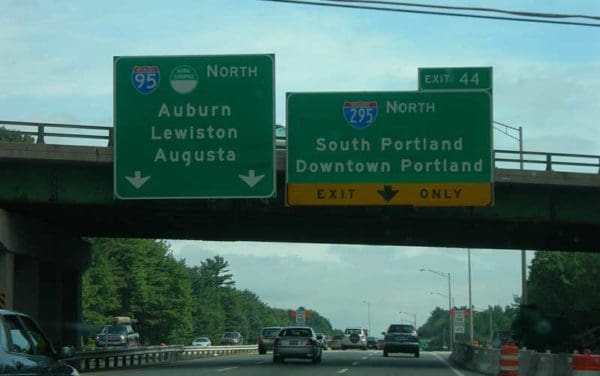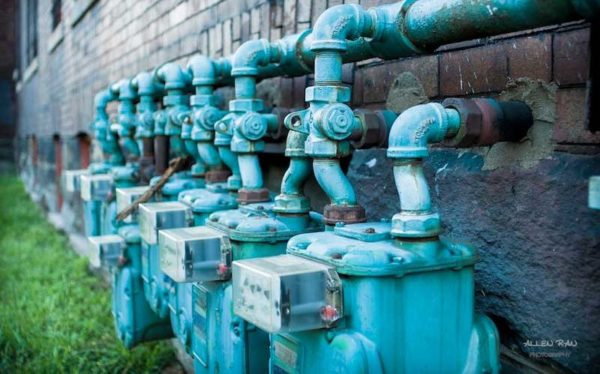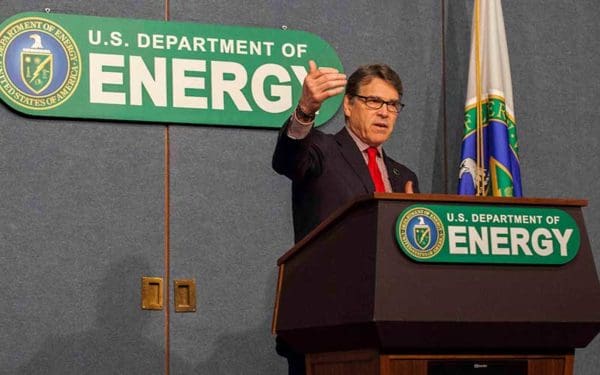Nov 08, 2017
We’re not giving in. Yes, approaching a year after President’s Trump’s election, he seems intent on undermining decades of work to protect public health and the environment and fostering an ideology that denies and denigrates the basic facts of science. But we’ve been here before. In the 1970s, oil companies were intent on drilling for… Continue reading One Year Down: Fighting Back and Fighting On for New England
Nov 08, 2017
Building stronger, more sustainable fisheries in New England.
Nov 07, 2017
A year after the election of Donald Trump, at least one thing is clear: New England is not buying into his nostalgia for an America we left behind a long time ago. Despite the President’s rhetoric, the end of the fossil fuel era has already begun. With the region’s last two coal plants sitting today… Continue reading No Looking Back: New England Leading the Way on Climate
Nov 06, 2017
We are faced with a federal administration that wants not only to halt decades of hard-fought progress on clean water but reverse them altogether. But today, the impacts on our public health from blue-green algae outbreaks and chemical pollution are as serious and urgent as ever. We cannot and will not stop fighting for clean water as a fundamental right for all Americans.
Nov 05, 2017
If there was one issue where candidate Donald Trump seemed to offer a promise that both sides of the aisle could get behind, it was his vow to spend $1 trillion on public works over the next decade. It would be an investment, he said, in repairing and upgrading the nation’s transportation systems. Unlike the… Continue reading We’re Not Waiting for Trump’s Promised Infrastructure Investment
Nov 03, 2017
We are at a defining moment in the effort to avert the threat of climate catastrophe. President Trump’s withdrawal from the Paris Climate Accord has put the United States on the wrong side of history. With renewed urgency, CLF is escalating our work to develop legally binding climate laws, like the one we helped create and enforce here in Massachusetts, in every New England state.
Nov 01, 2017
Traffic in the greater Portland area is getting worse, so the Maine Turnpike Authority wants to add lanes and build a new highway connector. But is this really the best solution to the problem?
Oct 27, 2017
CLF is working on modernizing the electrical grid across New England. Learn what that means for the future of electricity.
Oct 12, 2017
In a stealth move that went virtually unnoticed by major media outlets, Energy Secretary Rick Perry last week used an obscure provision of law to essentially put the government’s thumb on the scale in favor of coal-fired and nuclear power plants. Secretary Perry directed the Federal Energy Regulatory Commission (FERC) to issue a new rule… Continue reading Rick Perry Wants to Prop Up Old Coal and Nuclear Plants at Taxpayers’ Expense
Oct 11, 2017
Maine has taken significant strides in preventing childhood lead poisoning by implementing a more protective standard for what constitutes poisoning. But a stronger standard will only help Maine’s children if local officials can actually implement it. And here’s where the State is falling short. As National Lead Poisoning Prevention Week (October 22–28, 2017) approaches, we… Continue reading Maine Makes Progress in Efforts to Prevent Lead Poisoning




